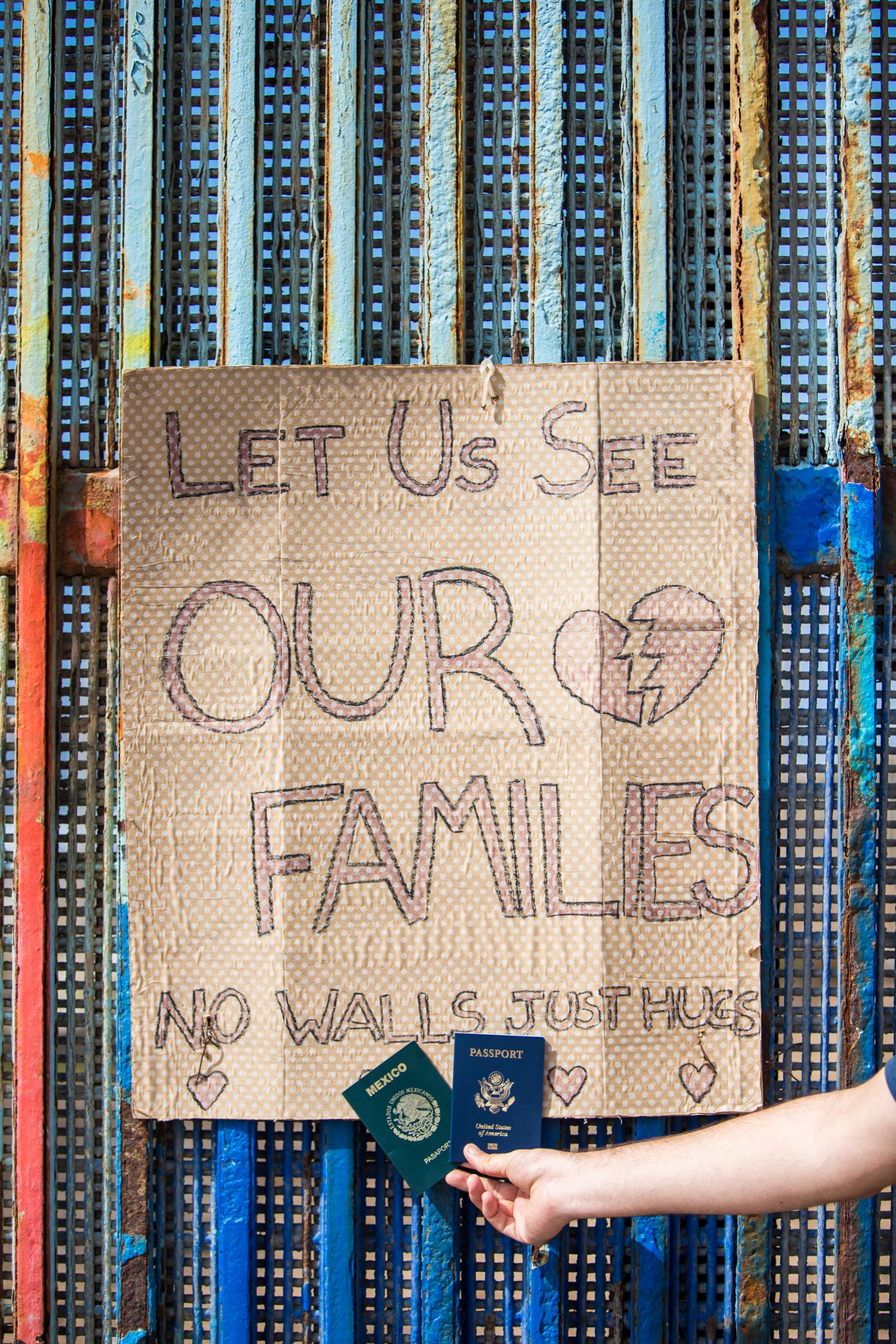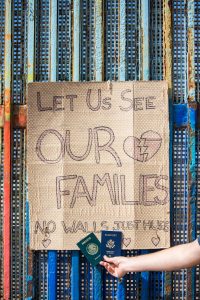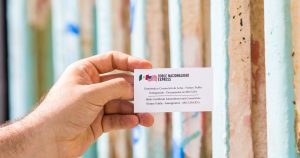
Cultural Preservation Through Dual Citizenship: Keeping Traditions Alive Across Borders
In a world where migration continues to reshape communities, the concept of identity is more fluid than ever. For millions of Mexican migrants living in the U.S., maintaining a connection to their homeland is a deeply rooted part of their lives.
One of the key ways they achieve this is through dual citizenship, which not only grants them legal recognition in both countries but also allows them to preserve their cultural traditions and heritage.
The Importance of Dual Citizenship in Preserving Mexican Culture
For many Mexicans living abroad, dual citizenship provides more than just practical benefits like the ability to own property or vote in elections.
It serves as a bridge to their roots, allowing them to pass down Mexican traditions, language, and values to future generations.
This connection is especially important in the U.S., where Mexican-Americans often straddle two worlds, blending cultures but striving to keep their Mexican heritage alive.
Holidays like Día de los Muertos, Mexican Independence Day, and family customs become opportunities for cultural preservation, shared across borders.
Dual citizenship enables these celebrations to be more than symbolic, allowing Mexican-Americans to maintain legal ties to the country where these traditions originated.
How DNEXPRESS Simplifies the Process
Navigating the dual citizenship process can be complex, especially when it involves legal documentation and bureaucratic hurdles in two different countries.
This is where specialized migration services like DNEXPRESS come in. DNEXPRESS offers you streamlined legal services, guiding individuals through every step of the dual nationality process.

Our expertise ensures that cultural ties remain intact without the added stress of handling the paperwork alone.
DNEXPRESS is critical in helping Mexican-Americans reclaim their cultural identity and maintain their connection to Mexico.
Generational Impact: Passing Down Traditions
For families with Mexican heritage, dual citizenship provides the legal framework to keep their ties to Mexico alive across generations. Second- and third-generation Mexican-Americans, who may have never lived in Mexico, are finding that dual citizenship offers them a renewed sense of identity.
Through this legal status, they gain access to the same rights and benefits as their ancestors, while also feeling connected to their family’s history and traditions.
Language is key in this generational transfer. Many Mexican-American families use dual citizenship as a way to reinforce Spanish-language learning at home, ensuring that future generations remain fluent and engaged with their cultural heritage.
The ability to travel freely to Mexico to visit relatives or celebrate cultural events strengthens this bond, creating lasting connections to the homeland, a particularly beautiful one may I add.

freepik.com
Dual Citizenship: A Cultural and Legal Legacy
At its core, dual citizenship allows Mexican-Americans to live in both worlds without having to choose between them.
As globalization continues to shape the identity of migrants, the importance of legal recognition in both countries cannot be understated. Getting dual citizenship might make your future relatives’ lives easier.
Whether through family gatherings, holidays, or everyday traditions, dual citizenship provides a path for preserving Mexican culture across borders.
Having dual citizenship helps this cultural legacy become easier to maintain, allowing families to stay connected to their roots while embracing the opportunities offered by life in the U.S.
In the end, dual citizenship is about more than just rights; it’s about keeping a heritage alive for generations to come. Plus, there's the added bonus of being able to proudly show off two passports!



